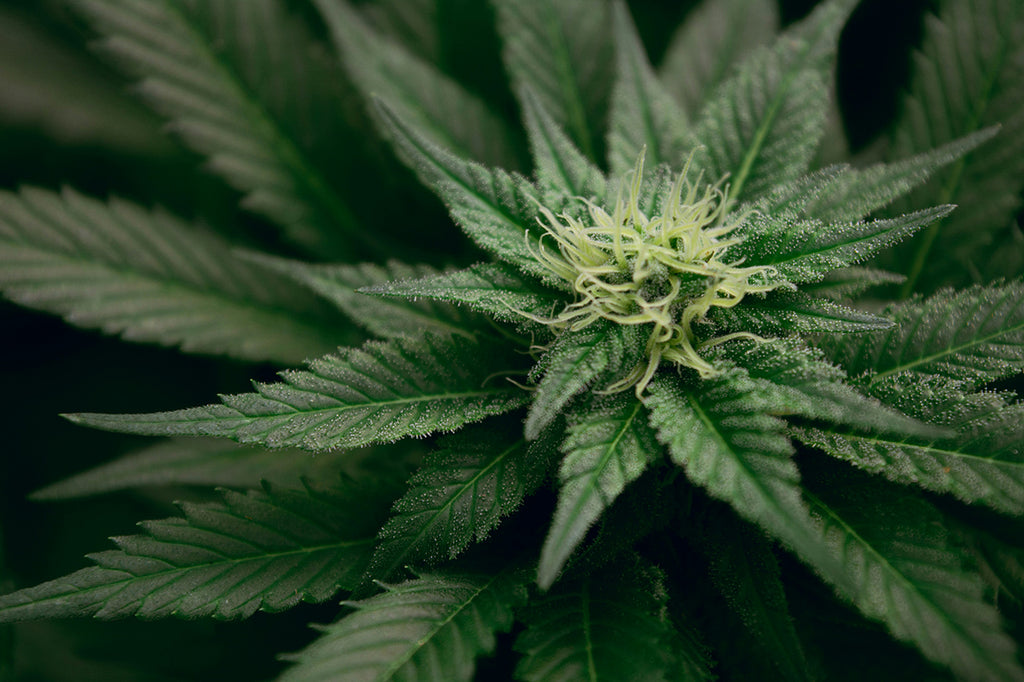Jobs in the Cannabis Industry: Career Paths and Salaries
Introduction
The legal cannabis industry has exploded over the past decade, creating thousands of new jobs across cultivation, processing, retail, science, and ancillary services. From lab technicians to marketing specialists, the sector offers diverse career opportunities with competitive salaries and growth potential.
Whether you’re transitioning from a traditional field or just entering the workforce, understanding the landscape—key roles, compensation ranges, necessary skills, and compliance requirements—will help you chart a successful path. In this comprehensive guide, we break down the most in-demand positions, average pay scales, education and certification pathways, and future trends shaping cannabis careers in 2025.
Table of Contents

1. Industry Overview and Growth Projections
The U.S. cannabis market is projected to exceed $40 billion in annual sales by 2025, driven by expanding recreational legalization and robust medical programs. Ancillary markets—technology platforms, consulting, packaging, and hemp-derived products—add another $10–15 billion in economic activity. This rapid growth fuels demand for qualified professionals across every function, from seed to sale. (30+ Cannabis Industry Statistics: Growth & Trends in 2025)
2. Major Sectors and Career Categories
Cannabis careers typically fall into five broad categories:
-
Cultivation & Production: Grow technicians, master growers, extraction technicians.
-
Laboratory & Quality Control: Analytical chemists, microbiologists, compliance analysts.
-
Retail & Dispensary: Budtenders, store managers, inventory specialists.
-
Business & Operations: Marketing managers, compliance officers, supply-chain coordinators.
-
Ancillary Services: Legal counsel, finance/accounting, IT support, packaging and logistics.
3. Top Entry-Level Positions
Budtender: First point of contact for customers, explaining products and dosing. Starting salary: $30k–$40k plus tips and commissions.
Grow Technician Assistant: Assists with planting, pruning, and environmental monitoring. Salary: $35k–$45k.
Extraction Assistant: Supports solvent- or CO₂-based extraction processes. Salary: $40k–$50k.
Key Skills: Customer service, attention to detail, basic horticulture or laboratory safety training.

4. Mid-Level and Specialized Roles
Extraction Technician: Operates advanced extraction equipment; ensures purity and potency. Salary: $55k–$75k.
Quality Control Analyst: Conducts potency, contaminant, and terpene testing. Salary: $60k–$80k.
Dispensary Manager: Oversees staff, inventory, and compliance. Salary: $60k–$90k plus bonuses.
Marketing Coordinator: Develops campaigns, social media, and brand strategy. Salary: $50k–$70k.
Read more👉How Do I Get a Customer Service Representative Job?
5. Executive and Management Opportunities
Director of Cultivation: Manages multiple grow rooms or facilities, R&D, and staff. Salary: $100k–$150k.
Chief Compliance Officer: Designs and enforces regulatory protocols. Salary: $120k–$180k.
COO/CFO: Oversees operations, finance, and strategic partnerships. Salary: $150k–$300k depending on company size.
Key Skills: Advanced degrees (MBA, M.S. in Horticulture), proven track record in regulated industries, leadership experience.

6. Qualifications, Education, and Certifications
While the industry values hands-on experience, certifications boost credibility:
-
Cannabis Horticulture Certificate Programs: Offered by community colleges or online schools.
-
Analytical Chemistry Certifications: e.g., ASCLS, American Chemical Society credentials.
-
Compliance Training: Cannabis Compliance Training Academy, Marijuana Business Daily courses.
-
MBA with Cannabis Focus: Several universities offer cannabis-focused business tracks.
7. Salary Benchmarks by Role
| Role | Average Salary (USD) | Bonus/Commission Potential |
|---|---|---|
| Budtender | $35,000 | $5k–$10k tips/commissions |
| Grow Technician | $40,000 | N/A |
| Extraction Technician | $60,000 | Production bonuses |
| Quality Control Analyst | $70,000 | Overtime pay |
| Dispensary Manager | $75,000 | 5–10% of store profits |
| Director of Cultivation | $125,000 | Production-based bonuses |
| Chief Compliance Officer | $150,000 | Profit-sharing |
Image Alt Text Suggestion: “Cannabis lab technician wearing lab coat and gloves, analyzing a sample under a microscope.”

8. Job Search Strategies and Networking
-
Industry Job Boards: Leafwire, Vangst, 420Careers.
-
Cannabis Conferences: MJBizCon, CannaTech—network with hiring managers and recruiters.
-
Local Meetups & Associations: State cannabis associations often host mixers and educational events.
-
LinkedIn Optimization: Highlight cannabis-specific skills, certifications, and projects.
-
Referral Programs: Many companies incentivize employee referrals.
9. Future Trends and Emerging Roles
-
Data Science & Analytics: Leveraging sales and cultivation data for yield optimization.
-
Biotech & Pharma Partnerships: Clinical trial coordinators, R&D scientists developing cannabinoid-based drugs.
-
Sustainability Officers: Designing eco-friendly cultivation and packaging solutions.
-
E-Commerce & Digital Platforms: UX/UI designers, app developers specializing in cannabis retail and delivery.
10. Legal, Compliance, and Ethical Considerations
-
State Licensing Requirements: Vary widely—some require U.S. residency or clean background checks.
-
Banking and Finance: Limited banking options; experience with cash-handling protocols is a plus.
-
Social Equity Programs: Many states reserve licenses or offer training grants to underrepresented communities—check eligibility.
-
Ethical Marketing: Strict limits on advertising to minors, cross-state promotions, and health claims.
11. Frequently Asked Questions (FAQ)
Q1: Do I need prior cannabis experience to get started?
A1: Not always. Many entry-level roles provide on-the-job training; customer service or lab experience helps.
Q2: Are cannabis jobs state-specific?
A2: Yes—each state has its own licensing, testing, and packaging regulations. Employers value local compliance knowledge.
Q3: Is the industry stable?
A3: Growth projections remain strong, but consolidation and federal policy changes can introduce volatility. Diversify skills to stay competitive.
Q4: Can I transfer my skills from another industry?
A4: Absolutely—horticulture, pharmaceuticals, food service, retail, and marketing skills are highly transferable to cannabis roles.
Conclusion
The cannabis industry offers a wealth of career paths—from hands-on cultivation and laboratory science to marketing, compliance, and executive leadership. Competitive salaries, rapid growth, and the chance to shape a pioneering field make it an attractive choice for diverse professionals.
By acquiring targeted certifications, networking strategically, and staying abreast of regulatory changes, you can position yourself for success in 2025 and beyond. Whether you’re cultivating genetic breakthroughs or crafting consumer-facing brands, the green rush continues to generate rewarding opportunities for talented individuals.







